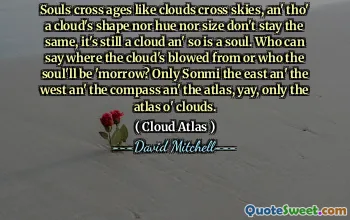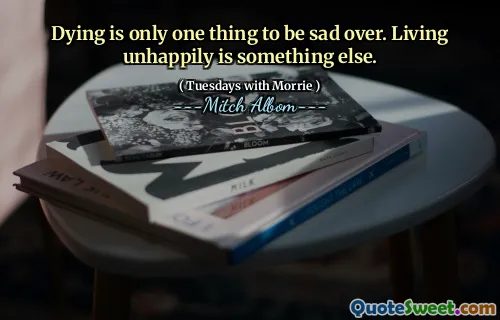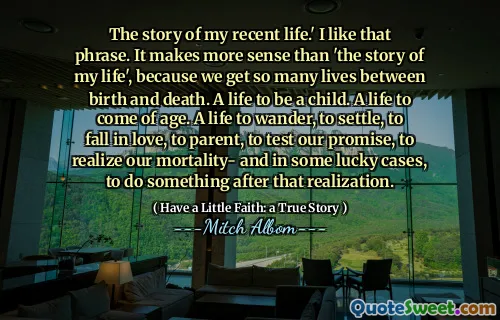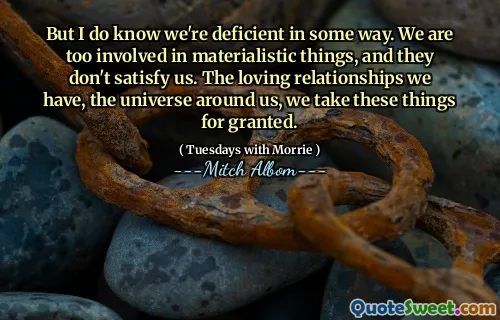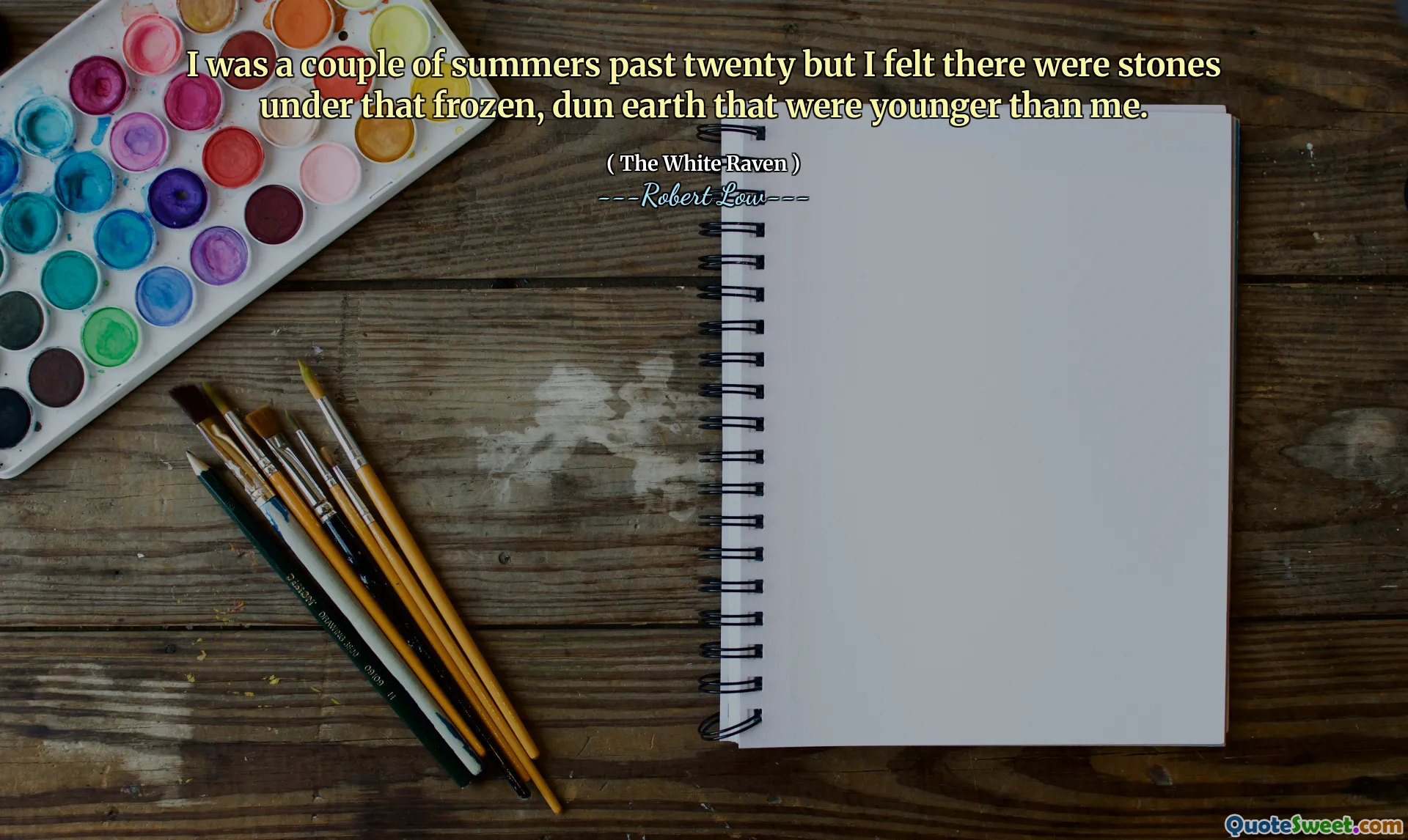
I was a couple of summers past twenty but I felt there were stones under that frozen, dun earth that were younger than me.
The quote from Robert Low’s The White Raven poignantly captures a moment of introspective contrast between youth and time—both natural and personal. The narrator reflects on being just barely beyond the innocence and freshness of early adulthood, yet perceives something beneath the surface of the world, represented by the "frozen, dun earth," that paradoxically feels younger than themselves. This imagery invites a meditation on the passage of time and our relationship to it.
The "stones under that frozen, dun earth" evokes a sense of durability and timelessness often associated with nature or history, typically viewed as ancient and unchanging. Yet, here they appear younger, which subverts conventional expectations and underlines a subtle tension. It suggests that the narrator shoulders burdens, experiences, or emotional weight that age them psychologically beyond their physical years, making inanimate stones feel somehow newer or less weathered in comparison.
This fragment delves deep into the human experience of feeling out of sync with the external world, which appears old and static, versus the inner world which might be tumultuous, evolving, or even weary beyond its chronological age. It invites the reader to explore themes of growth, age, and perception—how our personal inner timeline contrasts with the apparent timelessness of the world around us. Moreover, the muted tones "frozen" and "dun" set a somber, reflective mood that enhances the feeling of quiet alienation or displacement.
Ultimately, this quote encourages us to ponder how the external world’s seeming permanence corresponds, or fails to, with our internal experiences and phases of life's journey. It's a contemplative reminder of how subjective time and age truly are.

